UNDERSTANDING CONFLICT AND CONFLICT RESOLUTION
What are the main stages and causes of conflict?
Conflict is usually caused by triggers such as poor communication, personality differentials and environmental factors. Most people who disagree with another person or become unhappy with a situation will react according to their own personality type, background, and beliefs.
There are four primary stages to conflict:
- Potential conflict
- Perceived Conflict
- Actual Conflict
- Outcomes or Intervention
Potential Conflict
An act or inaction (whether verbal or physical) has the potential to cause a negative experience from another person’s perspective.
Perceived Conflict
Another person has had a negative experience which relates to the act or inaction, and this has become an issue for the individual.
Actual Conflict (a dispute)
The individual reacts to the negative experience by doing an act or expressing verbally their position. This causes a reaction from each person involved with each adding to the situation and hardening their positions.
Outcomes or Intervention
Conflict resolution can take many forms and does not always require intervention. Where the people involved are committed to finding a way forward, an outcome can be reached which will benefit some if not all individuals. Where one or more people do not want to move forward, intervention should be considered to help decide one or more outcomes.
Intervention can be neutral (I.e. where a mediator works with everyone equally) or decision-based (where a third party such as an expert, adjudicator, arbitrator or judge makes a decision).
These four stages interlink with acts and behaviours. Potential Conflict can be seen in most situations whereby there is at least one cause which has the potential to be perceived by another as a negative experience. Actual conflict arises whereby one or more of the people involved take action or alter their behaviour to the detriment of the situation or one or more others involved. Conflict will continue to escalate if there is inaction or incorrect actions to ameliorate the situation.
Does conflict always mean a bad outcome?
Whilst conflict is not always bad, if not managed properly it can have a negative and detrimental effect on relationships. A bad outcome is likely if conflict is left to deteriorate or those involved do not want to resolve the issues amicably.
What are the signs of conflict escalation?
The signs for conflict escalation involve both internal and external factors. Recognition of your own behaviours towards a situation or another person is as important as understanding how others act towards you.
- Key internal elements include how your feelings may have changed to become more negative; your behaviours may show a lack of interest in engaging with another person or in a situation; whether you feel that some action or avoidance should be considered; whether you want to discuss the situation with another person.
- Key external factors relate to the others who are involved. Are they communicating differently; are they behaving differently towards you; are processes or procedures being considered or suggested; do others make you feel differently?
What is Conflict Resolution?
Conflict resolution is the process of finding peace or harmony where there is conflict or a dispute between two or more people. Conflict Resolution is also known as Dispute Resolution when the issues have crystallised or escalated into a formal dispute.
What are the main methods of conflict and dispute resolution?
There are three categories of conflict and dispute resolution methods and each have different ways to deal with the issues between the disputants.
- Localised agreement between the disputants. This is usually through either self-determined resolution i.e. to agree outcomes or a way forward through direct compromise (with or without individual support); or intervention by a third party who assists the parties to determine outcomes. Examples of professionals and people who may help include:
- Conflict Coaching
- Individual Counselling
- Friends or Family
- Managers or Internal workplace professionals
- Formal procedure or third-party decision-making intervention. The disputants may choose or have imposed on them a type of resolution which will result in an outcome being decided for and on their behalf. Here are some examples of formal processes that may apply:
- Legal process (litigation)
- Company procedure
- Arbitration
- Adjudication
- Expert Determination
- Neutral support. The disputants may choose to have assistance from a neutral professional who will support each and both equally to move forward and mutually agreeable outcomes. Typically, neutral support may involve one or more of the following:
- Mediation (and these skills can be used in a variety of ways)
- Negotiation
- Couples Counselling
How can I self-manage conflict?
We understand the impact negative conflict can have on individuals and organisations and work with you to find pragmatic and people focused outcomes. We have set out some guidance for managing conflict or advising people about conflict management.
Conflict management is largely about looking inwards and changing our own behaviours whilst recognising those of others and working together to reduce future conflict for example, identifying triggers and causes, as well as behaviours and being respectful of the values and beliefs of those around us.

